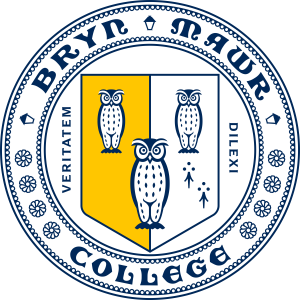
You may have been told that college is a time to learn how to think for yourself, but what does that really mean? Have you seriously considered what sort of an activity thinking is? And how is it possible that you can do something for the very same person – yourself? In this seminar, we will survey sources and ideas about the somewhat peculiar notion that we live together with ourselves – that we have a relationship, dialogue, responsibilities, and struggles with ourselves. We will explore classic sources, key theorizations, and contemporary reflections on this phenomenon of inner experience, under various headings, including “thinking,” “introspection,” and “conscience.” While we will begin “inside,” so to speak, we will quickly find that this mysterious, hidden relationship between me and myself has implications for all of our other relationships – including the personal and the political. We will therefore also attend to topics like obedience and conscientious objection, guilt and shame, and the question of how we go on living with ourselves in the wake of harms we’ve caused and wrongs we’ve committed. The presupposition that who we are is first and foremost an inner difference – a relationship of “two in one” – underlies key conversations in moral philosophy, political theory, psychology, and the study of religion. We will have opportunities to explore sources from across these fields of study, as well as various examples from literature and pop culture: from the ancient maxim, “know thyself,” and Socrates’s bold proposition, “it is better to suffer wrong than to do wrong," to Qur’anic and Biblical representations of accountability; from Hannah Arendt to Louise Erdrich, and from James Baldwin to Alec Baldwin.
Dashboard artwork: https://www.artgallery.nsw.gov.au/collection/works/9351/
Dashboard artwork: https://www.artgallery.nsw.gov.au/collection/works/9351/
- Instructor of record: Betsy Mesard
